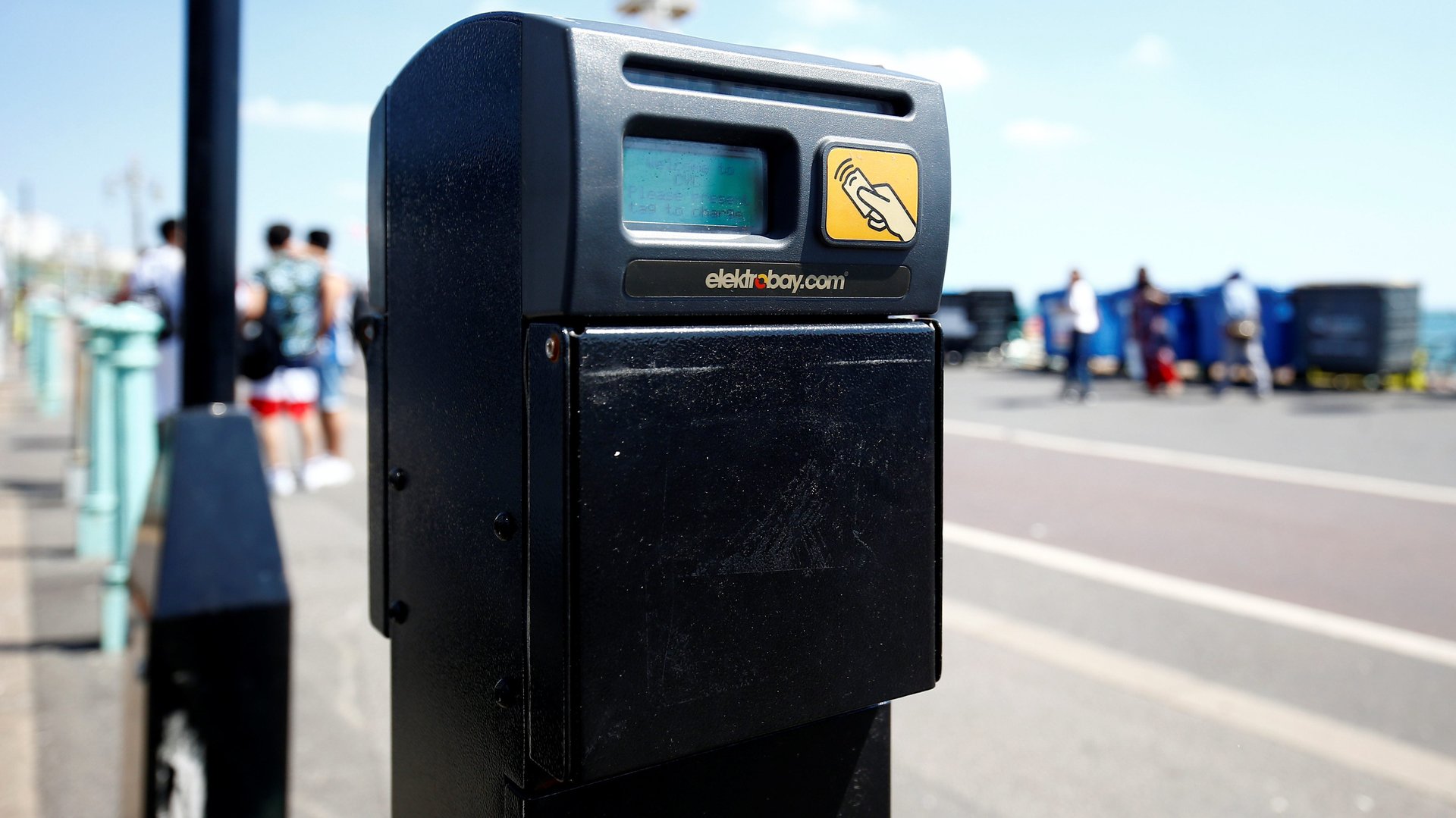Why UK drivers aren’t buying more electric cars
The electric vehicle revolution has hit a roadblock in the United Kingdom.


The electric vehicle revolution has hit a roadblock in the United Kingdom.
The government’s ambitious plan to ban all petrol and diesel car sales by 2040 will require a serious shift in buying habits—at present, electric cars account for only about 1% of new vehicle sales in the UK.
A lack of enthusiasm is not the problem. More than half (57%) of British people would consider buying an electric car if it was “available at the right price for them,” according to a recent YouGov survey commissioned by insurance company Aviva. The interest only increases with the younger generation, with 73% of respondents aged 18-24 reporting they would consider an EV.
So why are UK drivers holding off? According to the survey, many believe that the cost and logistics of owning an EV simply aren’t in their favor. Most worry about an EV’s battery range, or the distance it could travel before it needed to be recharged. It’s no surprise that many drivers experience range anxiety, especially since cold weather and length of use can shorten an advertised distance.
Other top concerns include the price tag, finding a place to charge, and the time it would take to charge the vehicle.
In London, four out of five cars are parked on the street, which makes the use of an at-home charger difficult. (London and Richmond-upon-Thames are both experimenting with turning lampposts into charging stations.) One UK Redditor noted that for those who park on the street and don’t have a private driveway at home, owning an EV doesn’t make sense: “That’s an enormous barrier to entry that I can see no way of overcoming without lining our roads with charging points…and I don’t see anyone looking to do that.”
But at least city dwellers can find charging stations nearby. Rural drivers face a far more limited network. Charger locater Zap Map estimates that there are more than 14,300 stations in the United Kingdom. A look at its map of England shows that many stations are concentrated in London and other major cities, while large gaps in coverage appear in both the Midlands and the North of England.
The loss of subsidies has also contributed to the UK’s sluggish EV sales. The government axed grants for hybrid vehicles altogether last year, and reduced the payout for electric vehicles by £1,000 ($1,244).